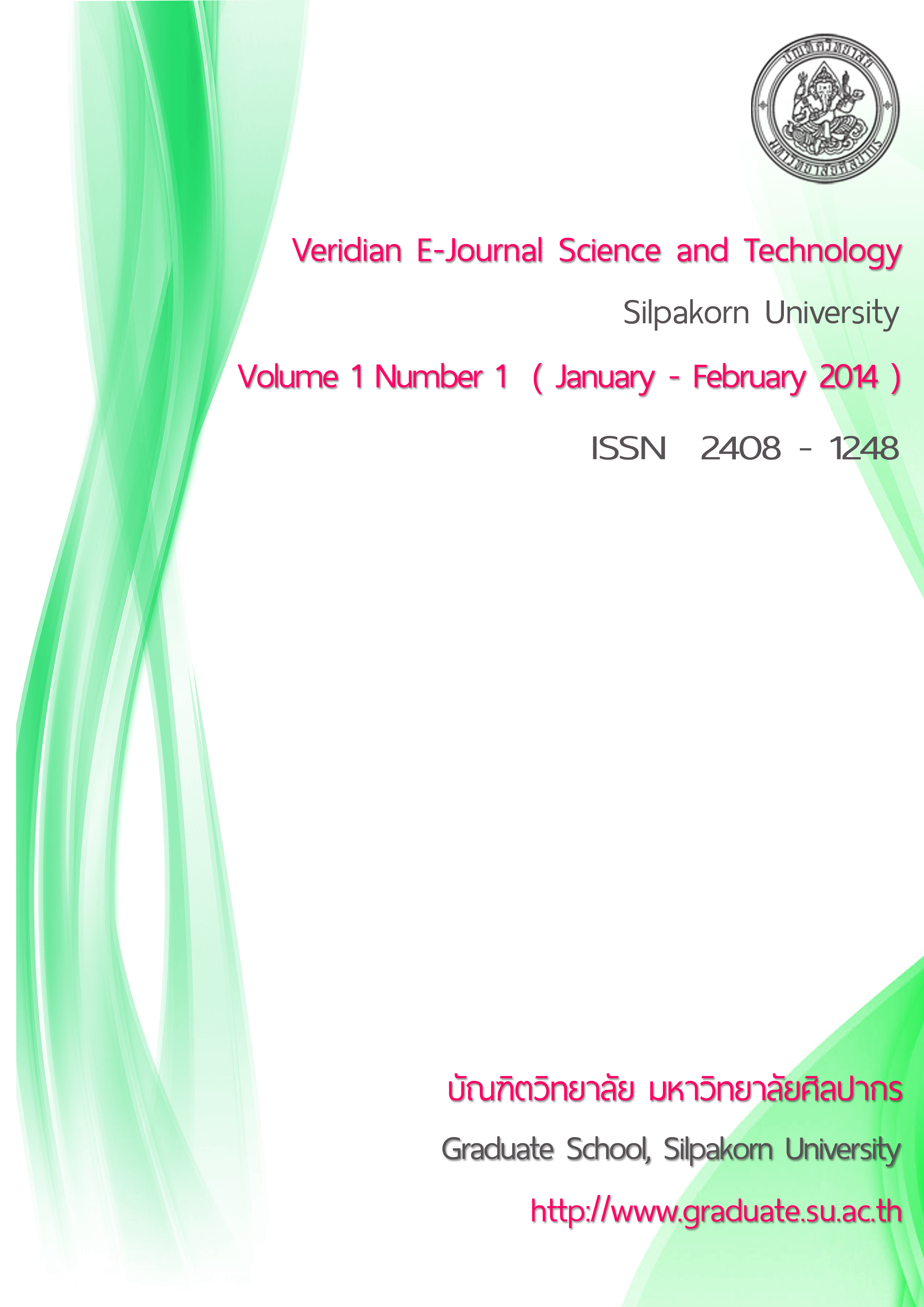ความรู้ และความเชื่อเกี่ยวกับการใช้ยาของผู้ป่วยเบาหวานที่ไม่รับประทานยา ตามคำแนะนำอย่างต่อเนื่อง
Main Article Content
Abstract
บทคัดย่อ
การส่งเสริมให้ผู้ป่วยรับประทานยาตามคำแนะนำอย่างต่อเนื่องเป็นสิ่งสำคัญต่อการควบคุมระดับน้ำตาลในเลือดในผู้ป่วยเบาหวาน การศึกษานี้เป็นการรายงานการประเมินเบื้องต้นเกี่ยวกับความรู้และความเชื่อเกี่ยวกับการใช้ยาของผู้ป่วยเบาหวานที่ไม่รับประทานยาตามคำแนะนำอย่างต่อเนื่อง ที่มาตรวจตามนัด ในคลินิก เบาหวาน โรงพยาบาลดำเนินสะดวก ผู้ป่วยที่เลือกเข้าศึกษา 95 รายเป็นผู้ป่วยเบาหวานชนิดที่ 2 รักษาโดยใช้ยาชนิดรับประทาน อายุระหว่าง 35-60 ปี ป่วยเป็นโรคเบาหวาน 1 ปีขึ้นไป และมีพฤติกรรมไม่รับประทานยาตามคำแนะนำอย่างต่อเนื่องเก็บรวบรวมข้อมูลโดยการสัมภาษณ์และวิเคราะห์ด้วยสถิตเชิงพรรณา และ Independent t-test ผลการศึกษาพบว่าผู้ป่วยส่วนใหญ่มีความรู้เกี่ยวกับการใช้ยาอยู่ในระดับปานกลางและต่ำ (ร้อยละ 52.6 และ 36.8) มีเพียงร้อยละ 10.5 เท่านั้นที่มีความรู้ระดับดี ผู้ป่วยส่วนใหญ่ยังไม่ทราบในเรื่อง อาการข้างเคียงและผลที่เกิดจากอาการข้างเคียงของยา และการจัดการตนเองจากอาการไม่พึงประสงค์ของยาสำหรับความเชื่อเกี่ยวกับการใช้ยาผู้ป่วยส่วนใหญ่ (ร้อยละ 66.3) มีความเชื่อในระดับมากเกี่ยวกับความจำเป็นและประโยชน์ของการรับประทานยา ขณะที่มีความเชื่อน้อยเกี่ยวกับข้อเสียและอุปสรรคของการรับประทานยา (ร้อยละ 60.0 และ 78.9 ตามลำดับ) นอกจากนี้ยังพบว่าความรู้เกี่ยวกับการใช้ยา ความเชื่อเกี่ยวกับข้อเสียและอุปสรรคของการรับประทานยา ไม่แตกต่างกันอย่างมีนัยสำคัญตามลักษณะผู้ป่วยได้แก่ เพศ อายุ ระดับการศึกษา และระยะเวลาที่เป็นโรค แต่พบว่าความเชื่อเกี่ยวกับความจำเป็นและข้อดีของการรับประทานยาแตกต่างกันอย่างมีนัยสำคัญตามระดับการศึกษาและอายุของผู้ป่วย จากผลที่พบการจัดสุขศึกษาแก่ผู้ป่วยจำเป็นต้องเพิ่มความรู้ในประเด็นดังกล่าวและปรับเปลี่ยนความเชื่อโดยเฉพาะข้อเสียของการรับประทานยา
Abstract
Promoting patient’s medication adherence is crucial to control of blood sugar in patients with diabetes. This study reports baseline assessments on knowledge and beliefs in medication use among diabetic patients with non-medication adherence, who attended at diabetic clinic for their follow-up checking, Damnoensaduak Hospital. Ninety five diabetic patients were selected based on the study criteria: diagnosed as type 2 diabetic patient ; treated by oral medication; aged 35-60 years; had one year or more duration of illness; and did not adhere to prescribed medication regimen. Data were collected by using a structured interview questionnaire, then were analyzed through descriptive statistics and independent t-test. Results showed a large proportion of patients had moderate and low levels of knowledge of medication use (52.6 % and 36.8 %) and only small proportion (10.5%) had a good level. Most patients did not known about the drug side-effects and their symptoms, as well as self-management for drug side-effects. For belief in medication use, most of patients expressed a strong level of their beliefs in need and advantage of taking medication (66.3%), while expressed a weak level of beliefs in disadvantage and barrier of taking medication (60.0 % and 78.9% respectively). There were no significant difference in knowledge of medication use, and beliefs in disadvantage and barrier of taking medication among sub-categories of patients’ characteristics (sex, age, education level duration of illness), but significant difference in belief in need and advantage of taking medication was found for subgroups of age and education levels. As the results, provision of patient education needs improving the specific knowledge relating to medication use and changing beliefs in medication taking, especially belief in its disadvantage.

